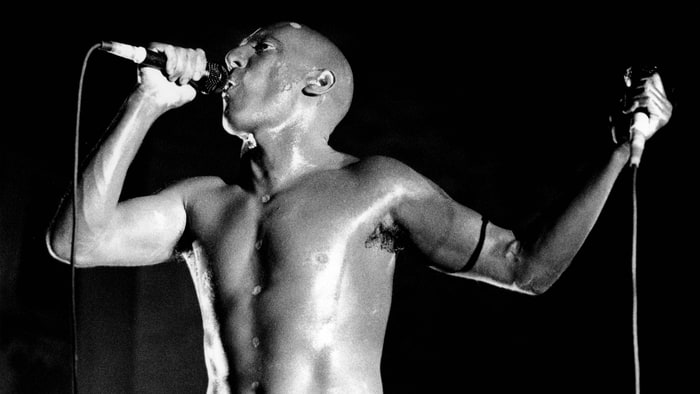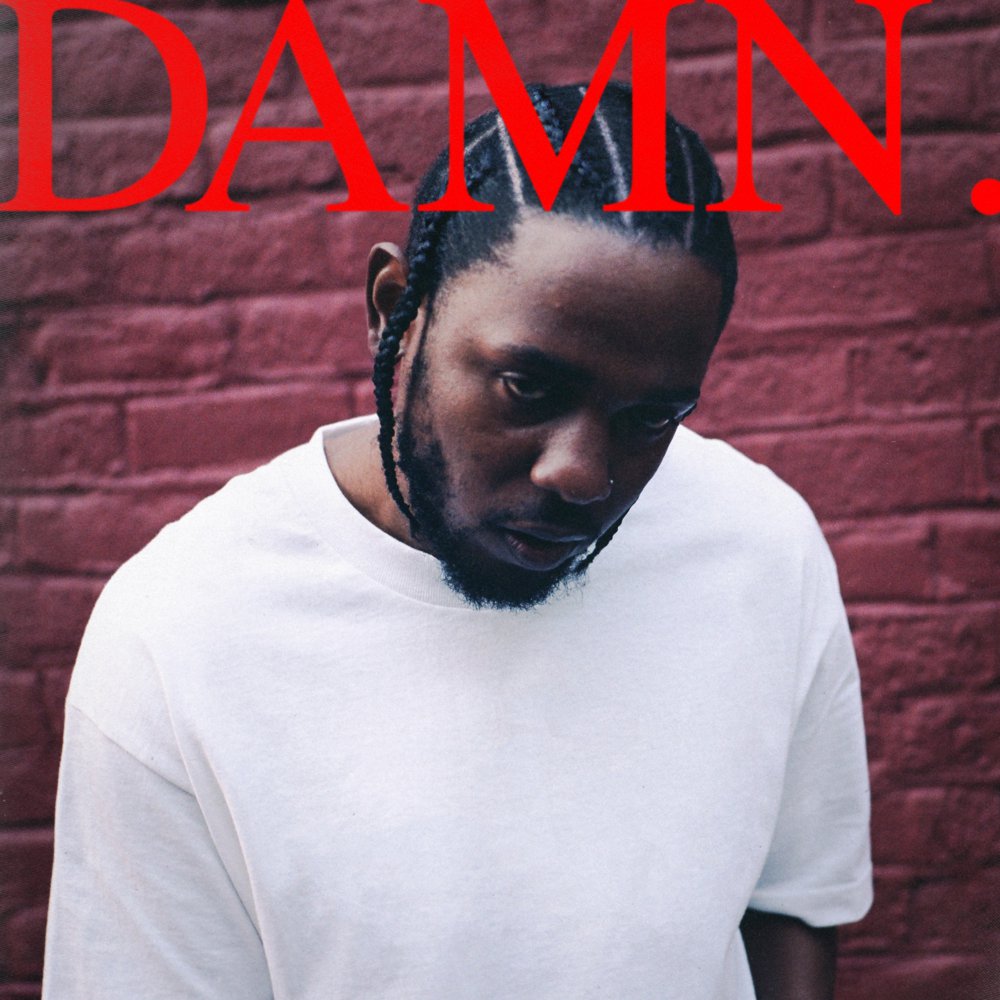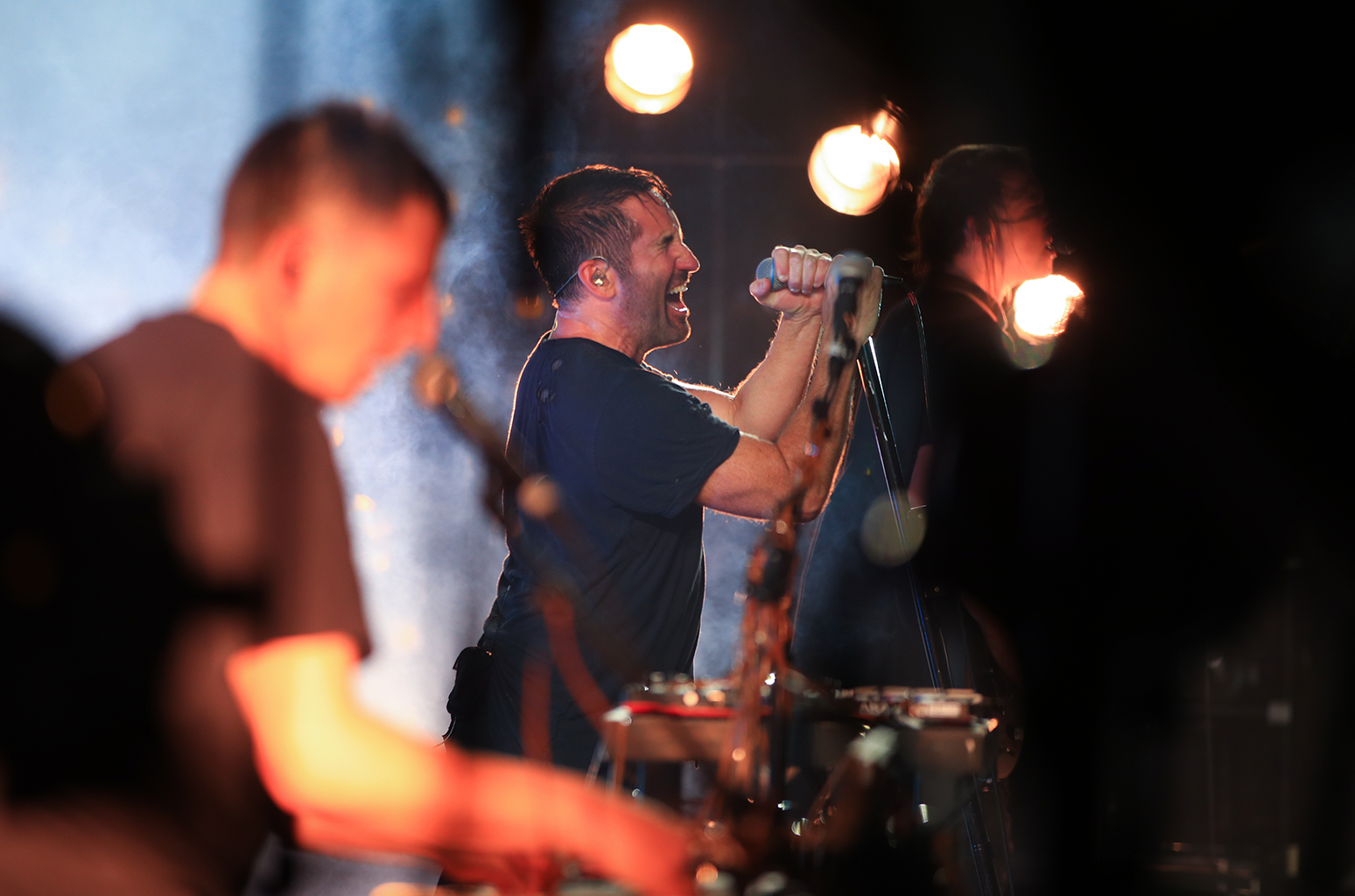It seems like every year for the past 12 years, the same thought runs across the minds of every rock music fan: will we be getting a new Tool record? Every year since 2008, two years after they released their last record 10,000 Days, the band has teased in one form or another that they’re working on new material, despite these rumors being shot down by their own band mates (Rolling Stone even released a timeline of the new record’s progress). However, 12 years on, Tool fanatics are still barking up the same tree, starving for a glimpse of something new and ready to devour anything tossed to them.
Why We Will Never Get A New Tool Record





